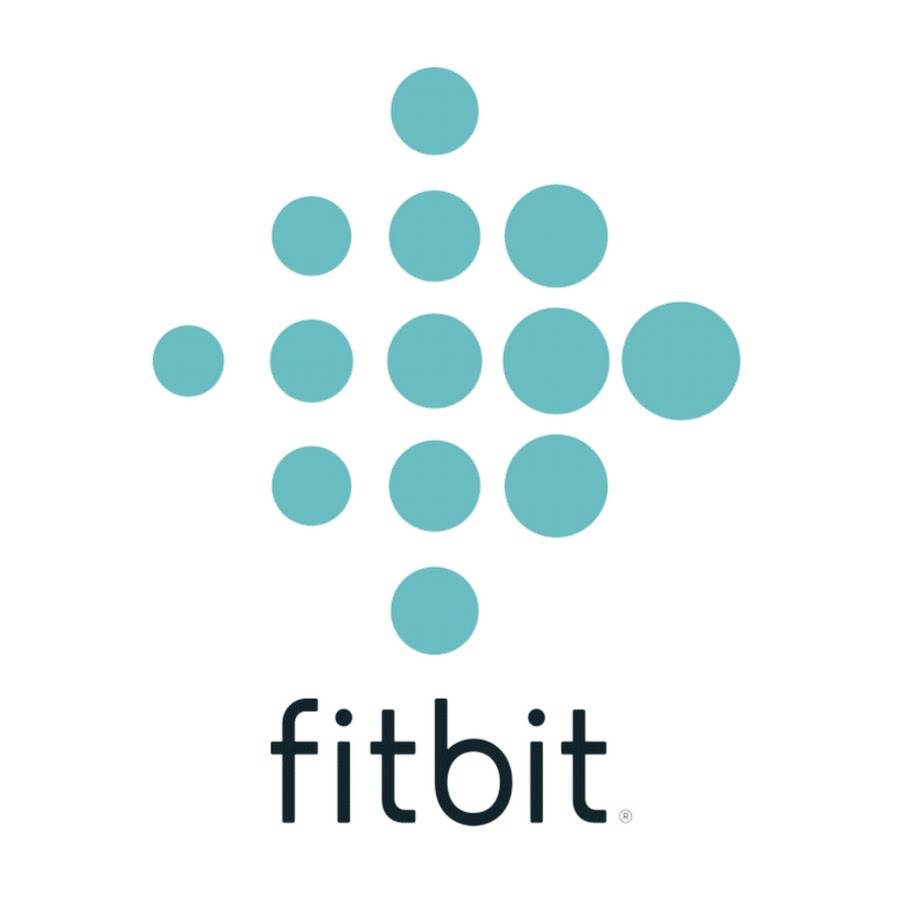Wearable device market leader Fitbit is reaching deal to buy the troubled smartwatch manufacturer Pebble, according to Wednesday reports by The Information and The Verge.
The deal was in its final stage ahead of the Thanksgiving weekend, although the buying price is yet unclear.
The Verge states the price will not be as good as Pebble would like, while The Information expects the startup will sell for a “small price,” around $34 million.
It is hard to make sense of Fitbit’s interest in the deal as well as people still see smartwatches as an expensive and uncomfortable device that falls short compared to a smartphone.
In fact, research firm Kantar concluded only 4.7 percent of overall U.S. consumers have a smartwatch. The numbers are even lower in Europe’s top four economies (the U.K., Germany, France, and Italy), where only 3.2 percent of the people own one.
How well are smartwatches doing in the market?
The third quarter of 2016 saw a 52 percent decline of smartwatches shipping compared with the same July-to-September period in 2015, according to the analyst firm at IDC wearables.
Google Inc. (NASDAQ: GOOGL) is rethinking the idea of smartwatch. The company delayed its next version of Android Wear OS until 2017, while three key manufacturers of Android Wear watches (LG, Huawei, and Motorola), are not launching any hardware this fall.
Fitbit is the clear leader in the wearables industry, holding above 45 percent of overall sales. However, they suffered a heavy fall of their stacks after it forecasted a negative fourth quarter in 2016.
Why is Fitbit buying Pebbles?
One of the reasons is because Fitbit is falling behind in technology, and its tracking software will soon be no competition to what a smartphone can offer.
So, the company may be acquiring Pebble not for its hardware, but for its talent, software, and homegrown smartwatch platform. Owning such platform would help diversify Fitbit’s future lineup and go further down the smartwatch path.
The deal is also a means to tackle competition. Aside from Fitbit and Pebble, the top wearable companies are Apple (high-end), Xiaomi (low-end), and Garmin (mid-range).
Buying those billionaire companies was not an option, but Pebble is. Pebble started as a crowdfunded company in February 2015 and then raised more than $20 million for its Pebble Time smartwatch.
The startup was doing well until early 2016. Last March, Pebble announced it was laying off 25 percent of its workforce because they did not have enough funds.
Source: The Verge



